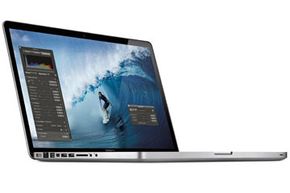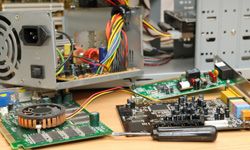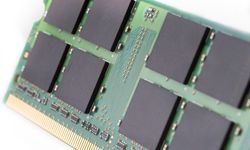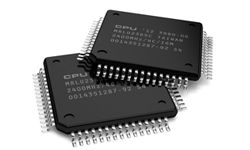Since the days of antiquity, epic rivalries have been part of the human story. Early civilizations warred for dominance over enormous empires. In the age of exploration, nations sent out brave people to discover and lay claim to distant lands. The Cold War between the United States and the Soviet Union spawned the space race and the remarkable achievement of landing humans on the Moon. And then there's the battle between operating systems.
We all know that a computer's operating system (OS) is important. Some people become loyal supporters of one operating system over all others. A few may go further and enter the realm of the fanboy -- anyone who thinks the fanboy's operating system isn't clearly superior to all others must be an idiot.
Advertisement
Most people are familiar with the major operating systems on the market. Microsoft Windows and Apple's Mac OS have celebrity status. The various flavors of the Linux operating system are less-well known, but that doesn't stop Linux fans from passionately defending their favorite distribution. Then there's the host of mobile operating systems on the market including Apple's iOS, Microsoft's Windows Phone and Google's Android operating system.
But once you get beyond specifics, all operating systems share many traits. They may execute functions in a way that's particular to that OS, but in the end, each system has to be able to complete basic tasks. Most of these tasks you won't even notice -- unless things go terribly wrong.





